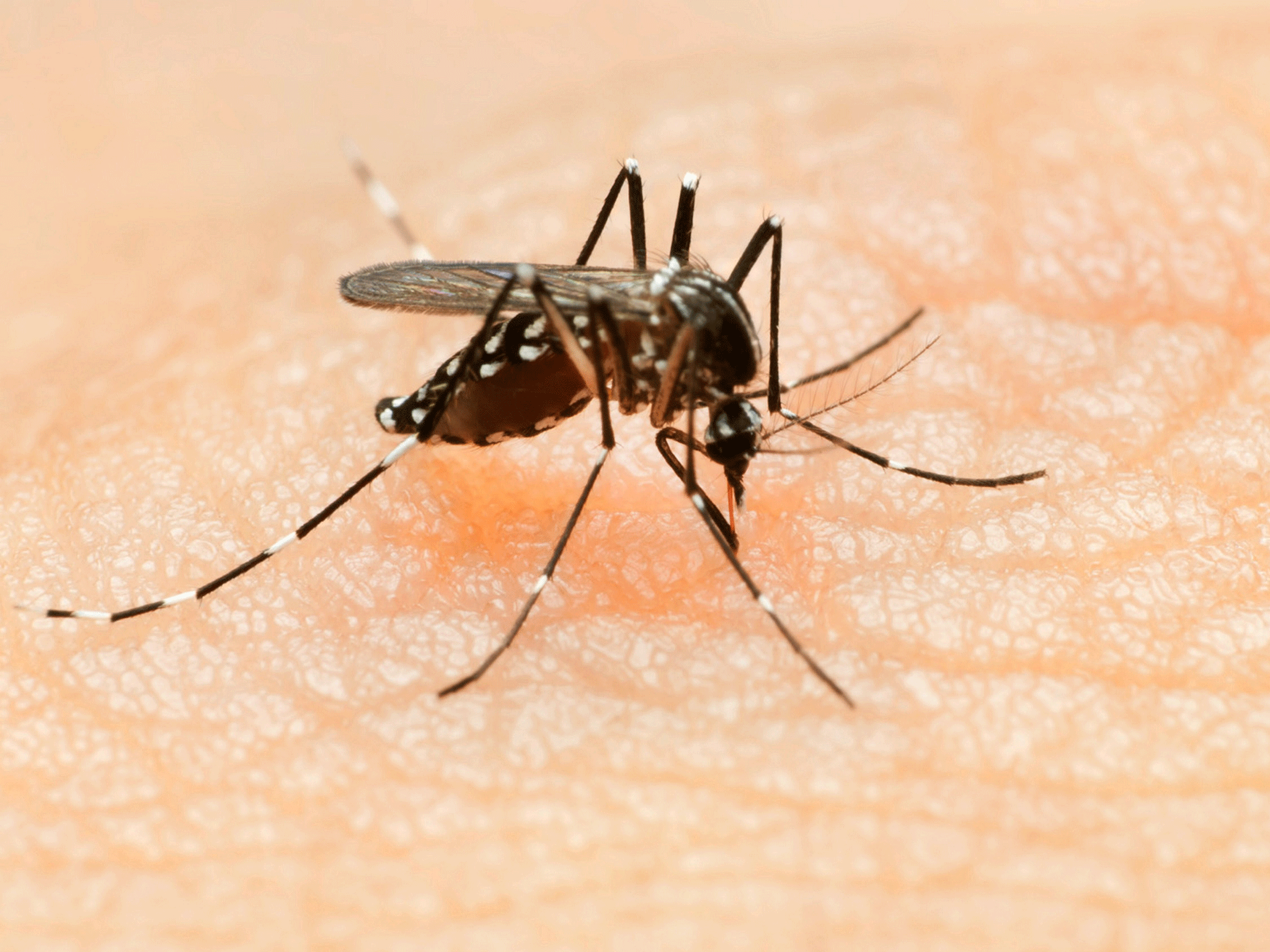Zika virus could infect four million people in the Americas - and has 'explosive pandemic potential'
Mosquitoes are reportedly being transported in the tread of car tyres

The Zika virus could infect up to four million people, the World Health Organisation has warned.
The virus, which is strongly suspected of causing birth defects including the shrinking of foetuses' brains and heads, has the potential to become an "explosive pandemic", WHO also said.
Marcos Espinal, head of communicable diseases at the WHO's Americas arm, said a study would soon be published suggesting a correlation between Zika and microcephaly in Brazil.
"We don't know yet if this virus crosses the placenta and generates or causes microcephaly. We think it plays a role. There's no doubt about that," he said.
It comes as Brazilian experts at Oswaldo Cruz Foundation said the virus - thought to be confined to the Aedes Aegypti mosquito in the tropics - may have already crossed over to the culex mosquito - which would increase its chances of being spreading around the world
The culex is 20 times more common in Brazil and present in parts of Africa and Asia.
The Zika virus has been linked to the epidemic of microcephaly in Brazil and the Americas, which causes babies to be born with small heads with a circumference of less than 31.5-32 cm at birt
Constancia Ayres, research co-ordinator said: "The interaction of the mosquito with the virus may explain the epidemiological profile of disease transmission," reported the Telegraph.
Ms Ayres added that if culex mosquitoes do carry the virus, "it means much more combined efforts from a lot of other countries are going to be needed to combat the virus".
US scientists have urged the World Health Organisation (WHO) to learn from the Ebola outbreak and take urgent action on combatting the virus, which they say has "explosive pandemic potential", and plan to organise an emergency committee of disease experts the BBC reported.
Battling the zika virus - in pictures
Show all 19Authorities have reportedly put troops on the street and deployed health workers in a bid to combat the virus spreading further.
Dilma Roussef, Brazil’s president said at a summit in Ecuador that sharing knowledge between Latin American countries is the best way to combat the epidemic.
Already, thousands of people have been affected by the disease, which has spread across 20 countries since late 2015.
There are fears Aedes Aegypti mosquitoes have been transported to Britain in the tread of tyres, where females lay their eggs in trapped water, following several sightings.
Howard Carter, one of the country’s leading bite experts, has seen the mosquitoes, which can carry the virus, on the Kent coast and in West Sussex.
He added the mosquitoes are not in the UK in "any great number", but thinks it is "only a matter of time before that becomes the case", suggesting global warming is creating a warmer and more attractive climate in Britain, reports the Mail Online.
Brazil has been worst hit by the virus, with around a million people thought to be infected. People travelling to the Americas are warned to cover up to protect from bites and use a repellent with PMD in it, which is effective against the Aedes Aegypti mosquito.
Three Britons have already contracted the disease after travelling to South and Central America, which was confirmed by Public Health England on Saturday.
Women in Latin America have been urged by the El Salvador government not to get pregnant for as long as two years, in a bid to avoid the birth defects associated with the virus.
While those who are already pregnant should stay covered outdoors to reduce the risk of bites.
Symptoms include flu-like aches, joint pain, rashes, itching, and inflammation of the eyes, headaches but not everyone has symptoms, according to government guidance on the virus.
It was first found in Africa in the 1940s, but was not a threat to humans.
There is currently no vaccine for the virus, but scientists at the University of Texas Medical Branch have visited Brazil to carry out research in order to find one.
The best way to prevent the virus spreading is to clear stagnant water, where the mosquitos lay eggs and to protect against bites.
Subscribe to Independent Premium to bookmark this article
Want to bookmark your favourite articles and stories to read or reference later? Start your Independent Premium subscription today.

Join our commenting forum
Join thought-provoking conversations, follow other Independent readers and see their replies